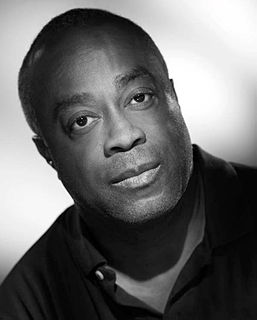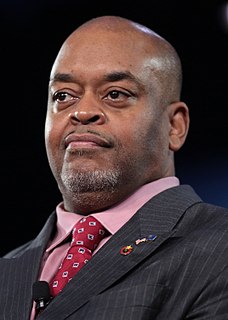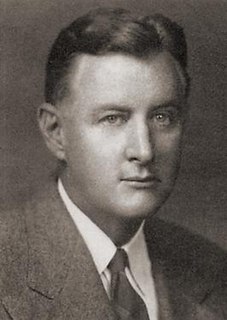A Quote by William R. Ferris
When we say the South lost the Civil War, we mean the white South. The blacks were liberated. And it's trying to redefine this Southern myth and bring it in a more positive direction.
Related Quotes
Coming from the South and growing up in L.A. where it was so segregated - worse than the South in many ways - all the people in my neighborhood were from the South. So you had that Southern cultured environment. The church was very important. And there were these folk ways that were there. I was always fascinated by these Southern stories, people would share these mystified experiences of the South. I wanted to talk about folklore.
I can't say with certainty that slavery would have ended more quickly and more completely if the South had been allowed to leave and escaped former slaves had been allowed to remain free, and the North and the rest of the world had been a positive influence on the South. However, it's certainly a possibility that it would have ended sooner if the southern slave owners had agreed to a system of compensated emancipation and freed the slaves without a war and without secession, as most nations that ended slavery did. That absolutely would have been preferable to the Civil War as it happened.
People want to know why the South is so interested in the Civil War. I had maybe, it's a rough guess, about fifty fistfights in my life. Out of those fifty fistfights, the ones that I had the most vivid memory of were the ones I lost. I think that's one reason why the South remembers the war more than the North does.
Most of us who were opposed to the war, especially in the early '60's - the war we were opposed to was the war on South Vietnam which destroyed South Vietnam's rural society. The South was devastated. But now anyone who opposed this atrocity is regarded as having defended North Vietnam. And that's part of the effort to present the war as if it were a war between South Vietnam and North Vietnam with the United States helping the South. Of course it's fabrication. But it's "official truth" now.
The blind spot for the in the Southern Progressive Movement - as for that matter in the national [progressive] movement - was the Negro, for the whole movement in the South coincided paradoxically with the crest of the wave of racism. Still more important to the association of the two movements was the fact that their leaders were often identical. In fact, the typical Progressive reformer rode to power in the South on a disenfranchising or white-supremacy movement.



































